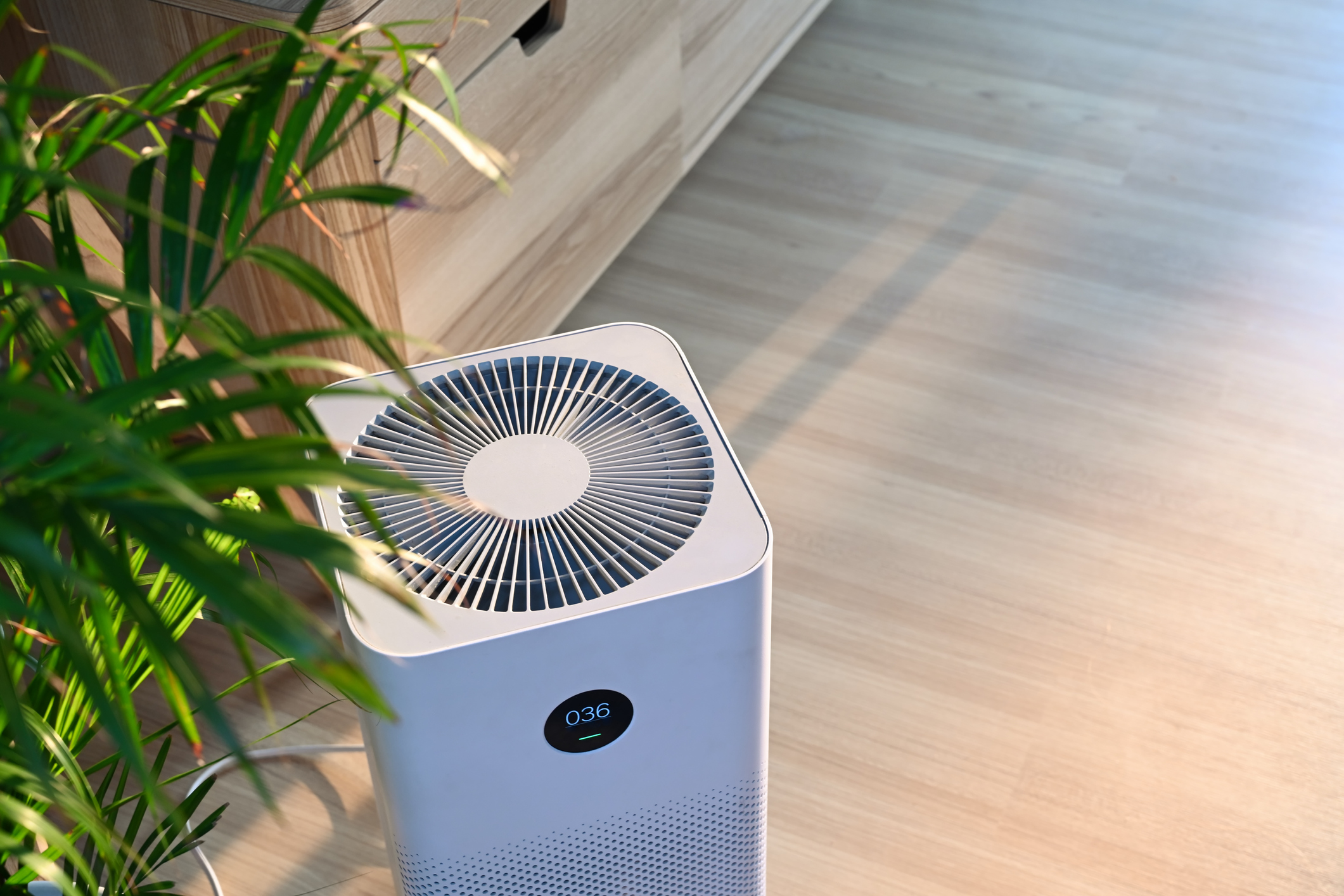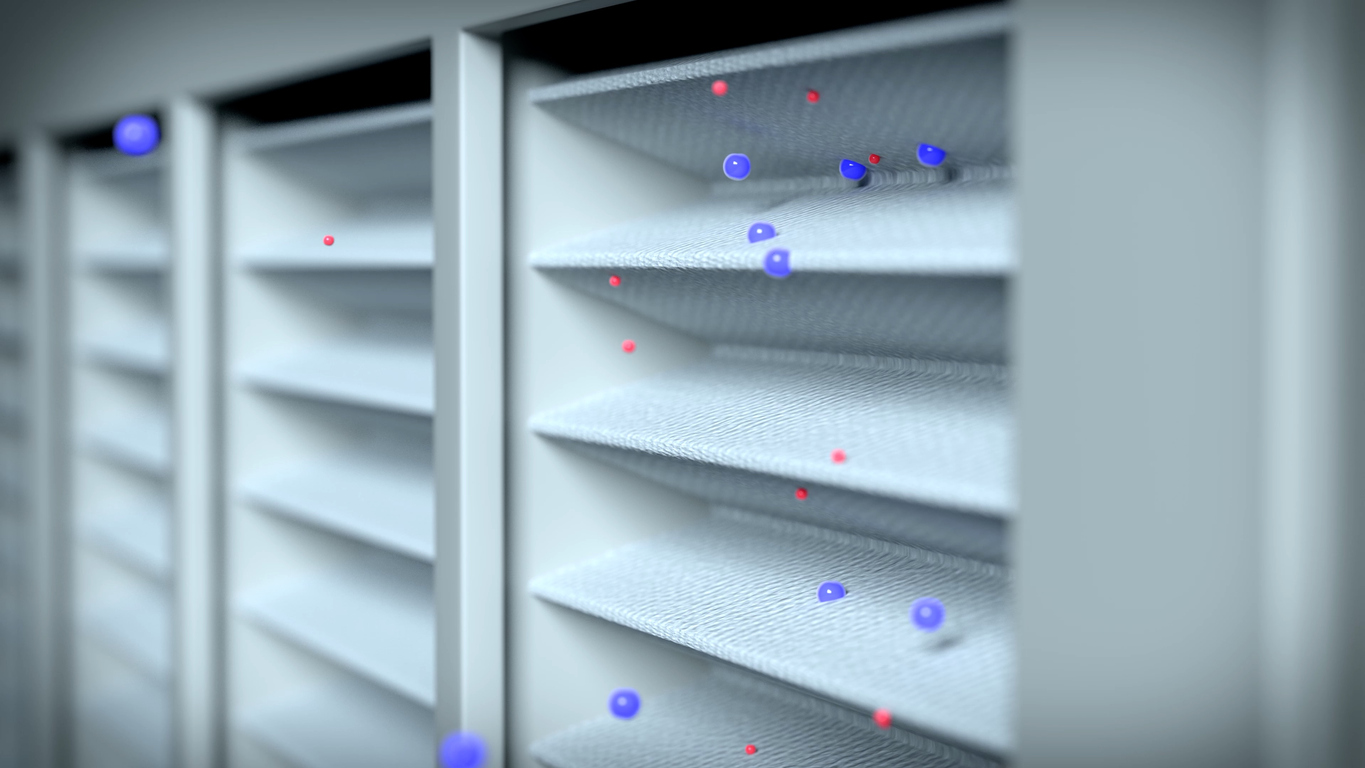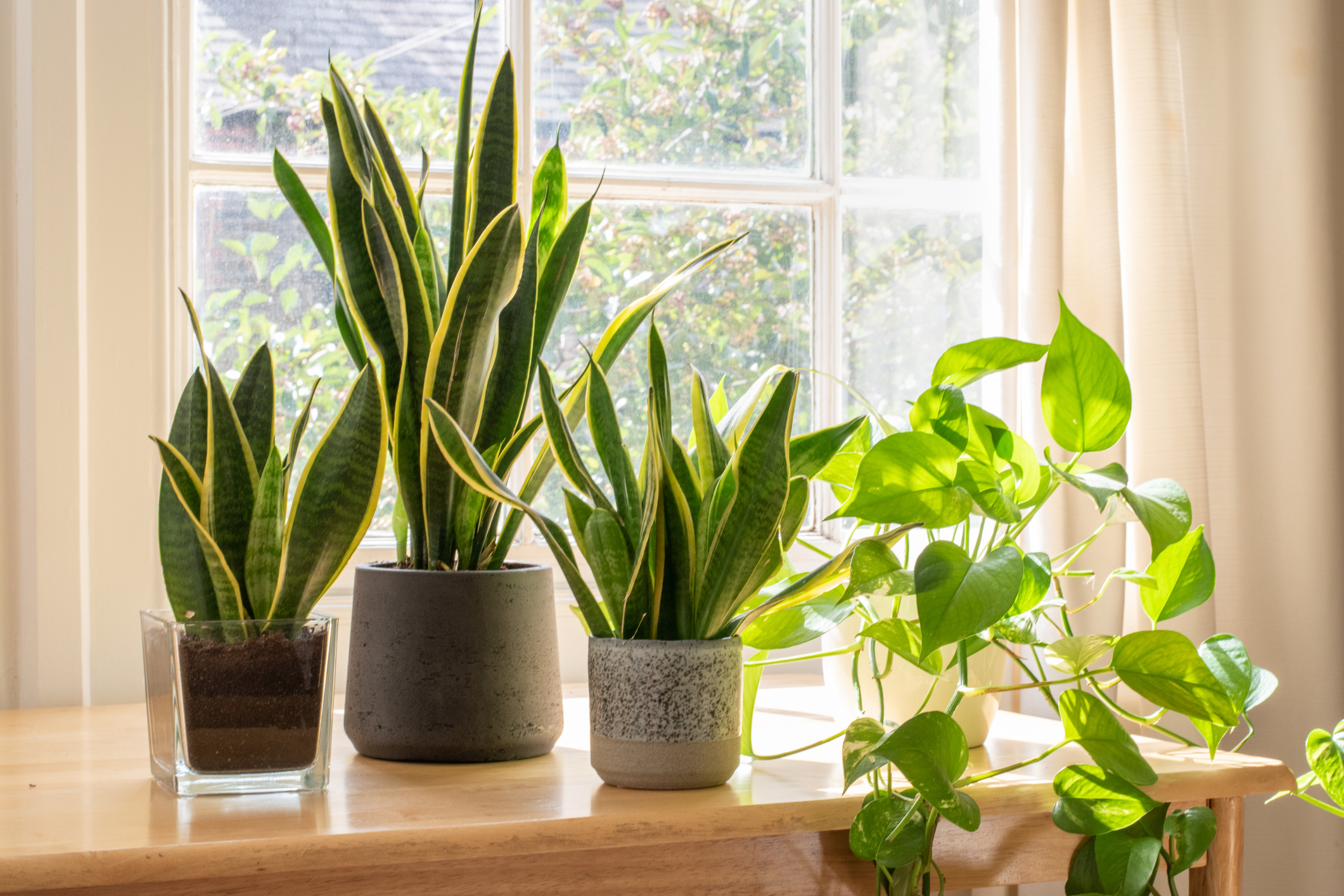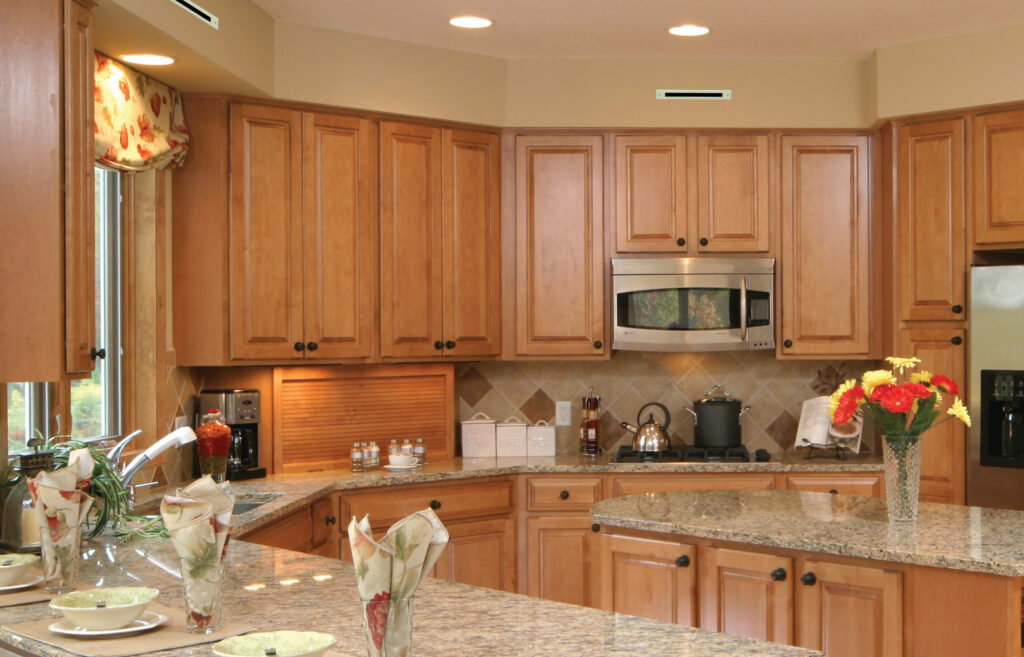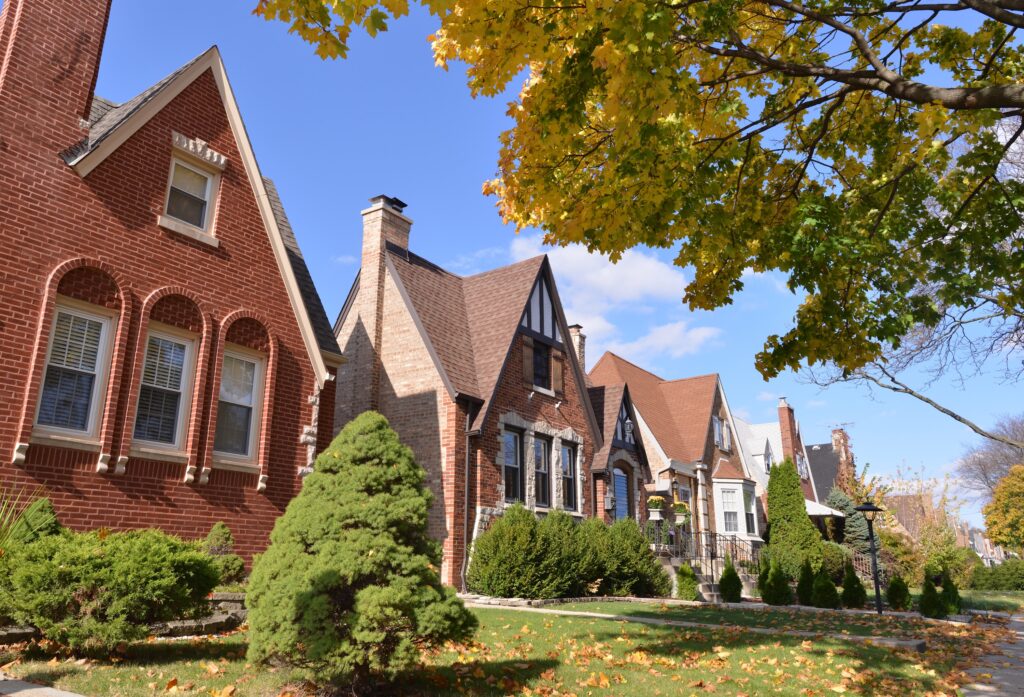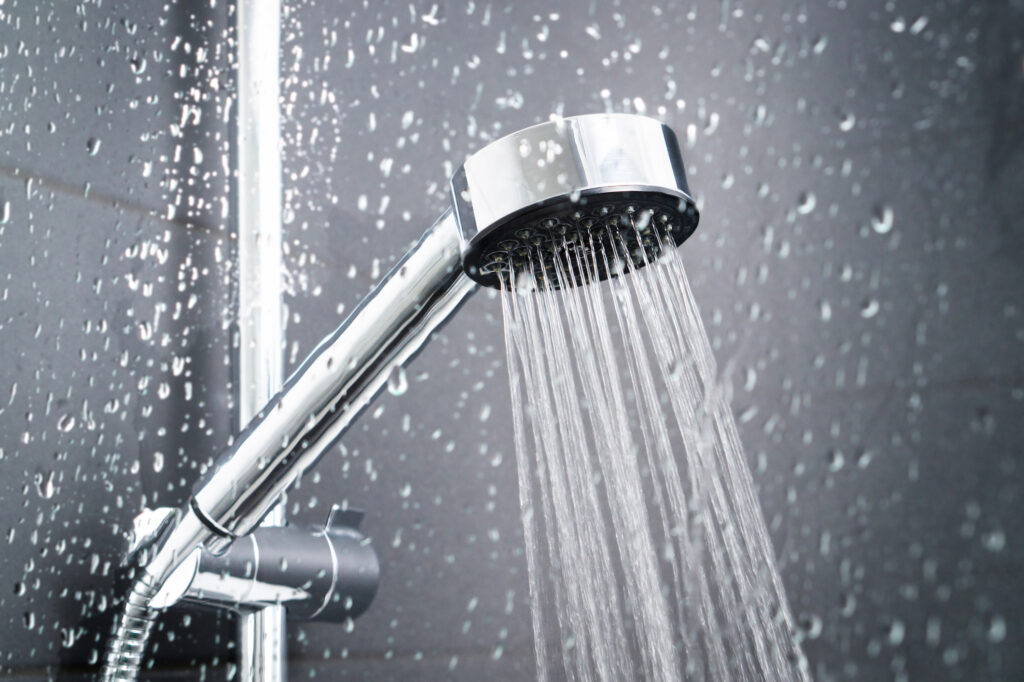Seasonal Maintenance Tips for Optimal Indoor Air Quality in Chicago
Maintaining good indoor air quality is essential for a healthy, comfortable home, but different seasons in the Chicago area bring unique challenges that can impact your indoor environment. Whether it’s combating high humidity in the summer or managing allergens in the spring, understanding these seasonal factors and how to address them can help you breathe easier all year long.
In this blog post, the older home experts at American Vintage Home share our top seasonal maintenance tips for achieving optimal indoor air quality in your Chicago home all year.
Seasonal Challenges to Air Quality in the Chicago Area
Each season presents distinct environmental challenges that can impact your indoor air health, and knowing what to expect can help you take proactive measures to protect your indoor environment:
- Spring: As plants bloom, pollen counts increase, leading to more allergens in the air. Open windows can allow these irritants to enter your home more freely, aggravating allergies and asthma.
- Summer: Higher temperatures and humidity levels can lead to excess moisture indoors, fostering mold growth and increasing dust mites while making indoor air feel heavy and uncomfortable.
- Fall: As temperatures drop, many homeowners shut their windows and turn on the heat which reduces ventilation and traps dust, pet dander, and other pollutants inside.
- Winter: Cold weather often means homes are sealed tight to conserve heat. This can lead to stale, dry air that can cause respiratory irritation as dust and other allergens are circulated around the home.
Seasonal Indoor Air Quality Tips
To maintain optimal indoor air quality, it’s important to take different precautions depending on the season. Here are some practical indoor air quality tips to consider for each season in Chicago:
Spring
- Keep windows closed during high pollen days: Monitor local pollen forecasts and keep windows closed on high pollen days.
- Clean and inspect HVAC systems: As you transition from heating to cooling, have your HVAC system inspected and cleaned to ensure optimal air quality.
- Deep clean your home: Spring cleaning can remove dust, pet dander, and other allergens that have accumulated over the winter.
- Wash clothes and sheets regularly: When you spend time outdoors, allergens can settle on your clothes and in your hair. This can cause them to transfer into your home, so make sure to wash clothes and sheets regularly.
Summer
- Use dehumidifiers: Control humidity levels by using dehumidifiers, striving for 30% to 50% humidity to discourage mold growth and dust mites.
- Ventilate while cooking: Use exhaust fans or open windows to expel heat, moisture, and cooking fumes that can contribute to poor IAQ.
- Check air filters: Check and replace air filters regularly to keep your HVAC system functioning efficiently and reduce airborne contaminants.
Fall
- Clean ducts and vents: Dust and allergens can accumulate in your HVAC dust and vents, so consider professional duct cleaning before the heating season.
- Use air purifiers: Adding air purifiers with HEPA filters can help capture dust, pollen, and other allergens to keep indoor air quality cleaner.
- Limit fireplace use: While cozy, fireplaces can introduce smoke and particulates into your home, so consider using an insert to reduce emissions.
Winter
- Maintain humidity levels: Dry indoor air can lead to respiratory issues and dry skin, but using a humidifier can help combat these issues.
- Seal air leaks: Seal windows, doors, and other openings to prevent energy waste from drafts and ensure cleaner indoor air.
- Ventilate regularly: Exchange stale air for fresh air by using kitchen and bathroom exhaust fans to help with ventilation without sacrificing heat.
Additional Tips for Improving Your IAQ Year-Round
In addition to the seasonal IAQ tips provided above, there are many indoor air quality maintenance steps you can take regardless of the time of year. Changing your HVAC air filters is one of the simplest and most effective ways to maintain good air quality. Additionally, you can invest in houseplants that can naturally filter indoor air by absorbing pollutants and releasing fresh oxygen.
Another option for reducing indoor pollutants is regular cleaning. Dusting, vacuuming, and mopping can reduce the amount of dust, dander, and other pollutants in your home. Just be sure to avoid harsh chemical cleaners as they can release volatile organic compounds into your indoor air supply.
Call American Vintage Home for Expert Air Quality Solutions
Maintaining optimal air quality can feel like a daunting task, but American Vintage Home makes it easy. We provide comprehensive air quality solutions tailored to the unique needs of Chicago’s older homes. From professional HVAC system maintenance to advanced air filtration, our team is here to help you breathe easier year-round.
Improve the indoor air quality in your Chicago home today by contacting American Vintage Home.


